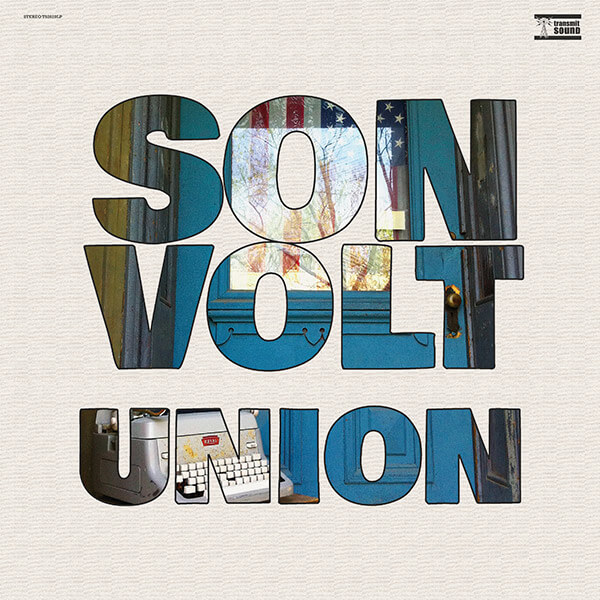The timeless Americana of Jay Farrar and Son Volt

There aren’t many bands that can do what Son Volt has done. Sticking around for over two decades, recording timeless No Depression-style Americana? Yes, there’s that.
There seems to be something even greater. Son Volt is the type of band that can appeal to the country music fan, the punk and the indie music fan. Son Volt gets played to the cafe crowd and the blue collar crowd. In many ways, Son Volt is the blueprint of Americana, setting trends for over two decades.
We know the story. Jay Farrar and Wilco frontman Jeff Tweedy basically invented a whole new genre of music – No Depression – combining the rawness of grunge and hometown appeal of Americana-infused punk. In the late 80s and early 90s, Uncle Tupelo started releasing records that no one else was making. Listen to “Graveyard Shift” from 1990’s No Depression, led by Farrar. It’s the Rust Belt in a few lines: “Hometown, same town blues. Same old walls closing in.”
It sounded as if Woody Guthrie had finished an assembly line job and had The Replacements on his Walkman.
Three years later, Uncle Tupelo was all but done – a crusher, as they seemed to have found an even more perfect blend of old school factory blues and twangy Americana. Their cover of “Give Back The Key To My Heart” is essential Tupelo from 1993’s Anodyne. Over violin, Farrar all but announced it: “take my picture off the wall,” he sings, begging for his TV back. Out of the ashes, came a band in Son Volt that has been as consistently reliable as any for 25 years. When he sings, “it don’t matter to me at all,” you can’t help but hear the weight of his time with Tupelo.
This is where the story gets picked up most often; after the demise of Tupelo. It probably was inevitable, and likely for the best. Wilco has had its own incredible run, garnering much of the attention. But listening back to Son Volt, it appears they may win the argument on which band put out the best overall material. Right from 1995’s Trace, until today, one album after another has taken us down lonely roads, and right on through, still standing.
With Son Volt, Farrar never quite let up on the narrative of exploring the cross-over of rock and country. For years, Farrar sounds like he just walked out of the mines himself.
Farrar has stayed a busy solo artist, too. His 2001 album Sebastopol was a more adventurous sonic production featuring keys and melodica. It has aged well despite being a bit of an outlier in his catalog. You can hear the evolution on “Feel Free”; despite the new sound, Farrar’s still breathing all “the diesel fumes.”
DEATH CAB COLLABORATION
Another work showcasing Farrar’s ambition is his 2009 collaboration with Death Cab For Cutie frontman Ben Gibbard, on the soundtrack to One Fast Move or I’m Gone, a film about Jack Kerouac’s time in Big Sur. The pedal steel flourishes on the title track are pure Farrar, and make a nice compliment to Gibbard’s slowly-phased lyrics.
NOTES OF BLUE
More recently, there’s 2017’s Notes Of Blue, Son Volt’s eighth release. At this point, Farrar could easily be this generation’s Beat poet. Fortunes are wasted; homes are lost; highways are taken. On “Cherokee St.” Farrar blends blues with an ode to Cherokee nation, a lost landscape if ever there was one.
“I know what it feels like to fly,” he sings, at the end of the song. The gentle twang of “The Storm” picks right up, in which Farrar goes back on the lonesome road, with his mind on whisky and a woman, hoping to roll a “lucky 7” because when “I get to California I’ll be fine”
Union
Now, there’s this year’s Union, featuring Farrar’s sharpest social commentary yet. He’s still focused on America’s past fortunes, ever in graveyard shift mode. This is music as persistent as Steinbeck’s Tom Joad; as trudging as Kerouac’s Beats; as relevant as Guthrie’s folk. If Farrar teaches us anything, it’s to keep taking the open road, climbing the open spaces. It will get you there.

